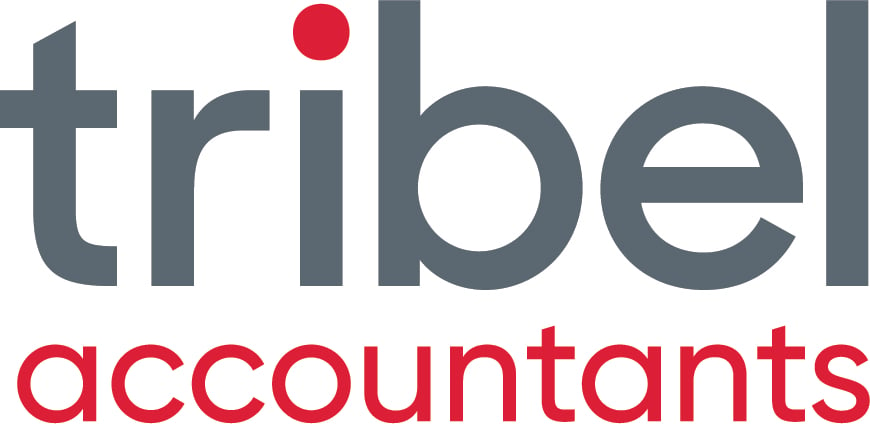INTRODUCTION:
You may have noticed with my recent blogs where I have explained what drives business valuations up or down. In practice when buying or selling a business, the agreed price will often be subject to due diligence.
What does due diligence mean? Well usually it's an audit or investigation of a potential investment.
Getting your business ready for sale is not just about numbers and showing good profits. It's also about making sure that once a reasonable offer has been made that in all likelihood the business will pass the due diligence examination so that the sale transaction proceeds at the agreed price.
So what are some of the key things your business will need to pass?

Figure 1: Getting the right price is the easy bit. Can your business get over the due diligence hurdle?
1. have all taxation requirements been met?
It is not going to be a good look if the trading figures say one thing but the taxation records (not withstanding allowable tax adjustments) say another.
Make sure that:
- The tax returns submitted to the ATO can be reconciled to the financial statements prepared by your small business accountant;
- The Business Activity Statements reconcile back to the year end financials for the past 3-4 years;
- Fringe Benefits Tax has been correctly declared where there is a legal requirement to do so;
- Payroll tax has been paid once the threshold has been exceeded and that it has been calculated accurately (be careful also that you have submitted the right amounts where you employ people in more than one state or territory. There are special ways to apportion the payroll tax thresholds);
2. Has the trading entity been served with any orders to have it wound up?
If the entity has been served with orders to have it wound up, what was the background to these orders and how were they resolved?
If the entity has a history of these matters that have not been satisfactorily resolved, a likely buyer will probably decide not to purchase the business.
3. For any material contracts have there been any breaches?
These contracts could be with banks or suppliers for example. A breach of a contract that is critical to the operations of the business could place it in jeopardy.
A purchaser will usually want to have a look at any material contracts and make sure there have been no material breaches and if there have been whether these could cause the contracts to be terminated.

Figure 2: Will the buyer uncover any 'Joe Blakes'?
4.Does the business rely on a few customers?
Whilst relying on a few customers might not make the business sale to fall over, any business valuer Sydney might highlight the risk should one or more of these major customers leave the business.
Have any major customers that have left recently been replaced? If not, the ultimate sale price may be adjusted downwards accordingly.
5. HAVE ALL employees been paid correctly?
This may sound an obvious one but it's very important that you have this covered off. Imagine buying a business and then finding out that it had been underpaying its staff for many years? The profits would have been lower and then you have all the issues of dealing with unhappy staff who may walk even if you can try and recover the shortfall from the previous owners.
6. has the entity been subject to any legal disputes?
Legal disputes cause doubts in a potential purchaser's minds. It could be an employee matter or workers compensation issue particularly if there are several lying around.
Of course if these can be easily explained and be likely resolved quickly, this will help allay concerns of the buyer.

Figure 3: Will you be able to sleep soundly as the prospective purchaser inspects the books?
7. Details of related party transactions?
Related party transactions will be examined as they will need to be checked for arms-length rates when confirming profitability.
Examples include:
- Commerciality of salaries to the owners and their family members (if under an arms-length rate the profits will be adjusted down accordingly);
- Rent of premises (for example, if you own the premises either individually or say through an another entity such as your Self Managed Superannuation Fund), then expect that the rate of rent will be tested for commerciality. Mind you, if your superfund has not been receiving a commercial rate then be concerned it might be attacked vigorously by the ATO).
- Purchases and sales with other entities - sometimes the target entity might be getting charged below market rates for purchases say from another entity that is owned by the same vendor but not being acquired by the new purchaser.
Again, business valuers Sydney would adjust the profits accordingly and the business valuation.
8. for leased premises, can these be transferred?
If the business has significant location goodwill, make sure that the lease terms can be extended under similar terms for a number of future years.
If they cannot, expect issues with the transaction being completed.
CONCLUSION:
Due diligence issues can be many and those noted above are just some of the few that should be looked at whether you are buying or thinking of selling a business.
We deal with small businesses daily and remind the owners that not only is it a good idea to make sure your business will pass these tests for sale purposes, but also for best practice and ensuring you can sleep at night knowing you are compliant.


.png?width=100&height=100&name=COVID_Safe_Badge_Digital%20(002).png)




